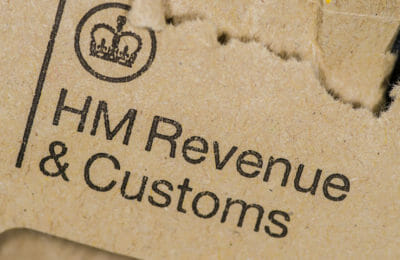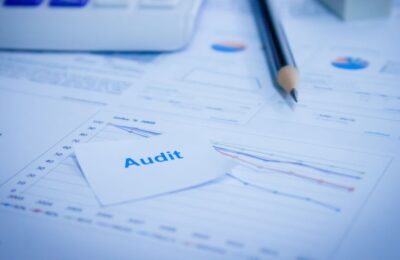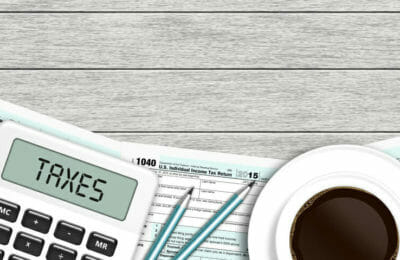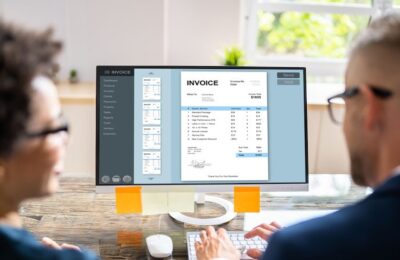There’s no denying that investing in gold has been a smart move in recent times. In early 2000, an ounce of gold would have cost you about £180. Today you’d need to pay almost £2,100. Gold can also offer another advantage: in some cases it’s exempt from capital gains tax. In this article we delve into the rules regarding CGT and gold so you can make informed choices before investing.
CGT and gold
We’ve already written an article on items that can be exempt from capital gains tax. However, given that the rules regarding CGT and gold are quite complex, we thought it would be helpful to look at them in detail.
In most circumstances, if you sell gold or silver bullion, you’ll pay CGT on any profits over your personal tax-free allowance. This is currently a miserly £3,000 (it was £12,300 as recently as 2022/23).
Let’s take an example. You bought ten ounces of gold for £10,000 in 2017 (gold was then about £1,000 per ounce). You sell them in May 2025 at a price of £2,096 per ounce. This gives you a sale price of £20,960 and a profit of £10,960. Your CGT tax-free allowance is £3,000, so you need to pay CGT on £7,960 of your profit. If you are a higher or additional rate taxpayer, you’ll pay a CGT rate of 24%. This means your bill will be £1,910.
CGT exempt gold
Luckily, there is one way to buy and sell gold and silver without having to worry about capital gains tax. This is by buying gold or silver bullion coins from the Royal Mint.
There’s a variety of CGT exempt coins you can buy. These range from gold sovereigns and 1 ounce coins featuring the royal arms, through to single ounce coins depicting Britannia and those featuring the British Lion and American Eagle.
For a coin to be exempt from CGT, it needs to be legal tender in the UK and it must therefor have been struck by the Royal Mint. If you were to buy and then sell foreign coins such as gold Krugerrands, then you would have to pay CGT on any profits above your personal tax-free allowance.
Other CGT exemptions
There are various other ways CGT and gold interact. For example, if you invested in gold as part of your Self-Invested Personal Pension (SIPP) or Small Self-Administered Scheme (SSAS), you could sell it at a profit and not pay CGT.
Similarly, while you can’t hold gold itself within an Individual Savings Account (ISA), you can hold an exchange traded fund (ETF) that tracks the value of gold. If the value of gold rises, so does the ETF within your ISA. As a result, any profits you make aren’t subject to CGT.
Is investing in gold a good idea?
As always, it’s a good idea to get independent financial advice before making any investment. However, given current concerns about the low CGT tax-free threshold, there has been a recent spike in the number of people buying CGT exempt gold coins.
There are other benefits to investing in gold, whether in the form of coins or bullion. As a physical asset, it can protect you against volatile markets. For example, just before the economic downturn hit in 2008, gold cost about £435 per ounce. By September 2011 it had risen to £1,163. For similar reasons, gold can offer you protection against hyperinflation. Many people also invest in gold to diversify their investment portfolios, meaning they’re not solely reliant on the performance of stocks, shares and bonds.
That said, there are some downsides to investing in gold. Firstly, it doesn’t generate income, unlike stocks which can pay out dividends. You also need to pay to store gold safely. Keeping lots of gold at home is rarely a good idea! Finally, there is the issue of CGT and gold. Unless you invest in UK gold coins, or you invest in gold or ETFs via a pension or ISA, you’ll need to pay CGT on any profits over your personal allowance. Given the huge increase in gold prices over recent decades, this can easily land you with a significant bill.
CGT and gold: a summary
We hope this article on CGT and gold has given you an insight into investing in gold. While we don’t have access to a crystal ball, it doesn’t look likely that the CGT personal tax-free threshold is going to rise any time soon. For that reason, investing in gold coins from the Royal Mint could be a good way to make a profit without paying CGT – although it’s important to remember that gold values can go down as well as up.
Investing in gold can also be a useful part of your tax planning. If you’d like to arrange a tax planning review, speak to one of our friendly accountants today.
About Jon Pryse-Jones
Since joining THP in 1978, Jon Pryse-Jones has been hands on with every area of the business. Now specialising in strategy, business planning, and marketing, Jon remains at the forefront of the growth and development at THP.
An ideas man, Jon enjoys getting the most out of all situations, “I act as a catalyst for creative people and encourage them to think outside the box,” he says, “and I’m not afraid of being confrontational. It often leads to a better result for THP and its clients.”
Jon’s appreciation for THP extends to his fellow team members and the board. “They really know how to run a successful business,” he says. He’s keen on IT and systems development as critical to success, and he continues to guide THP to be at the cutting edge and effective.
Read More











